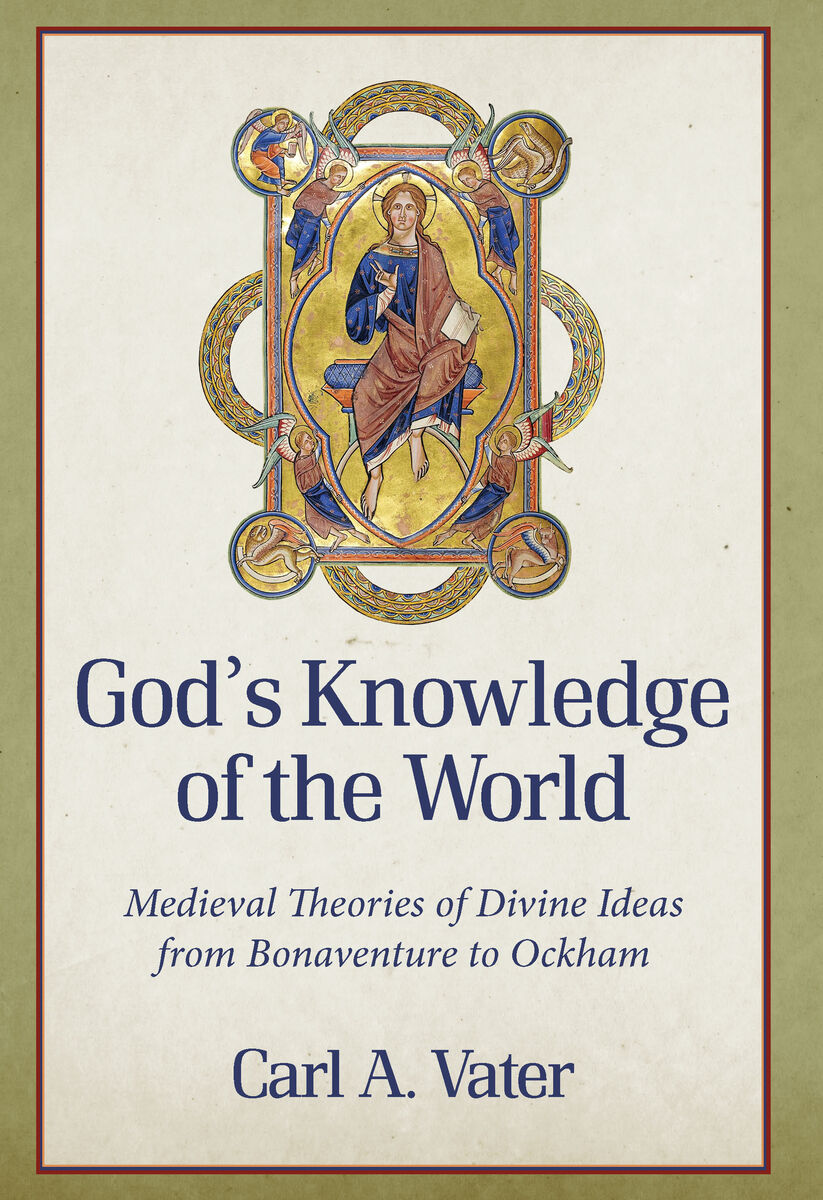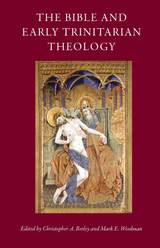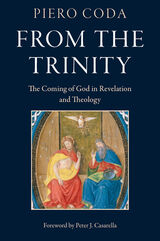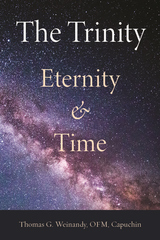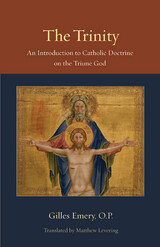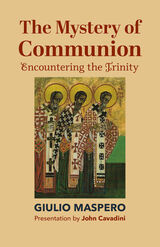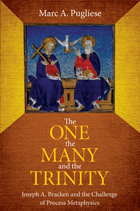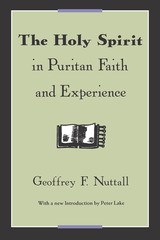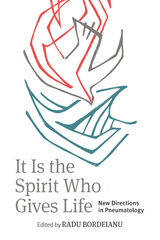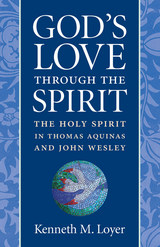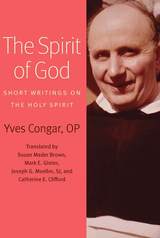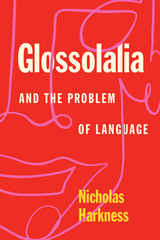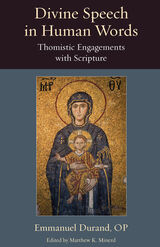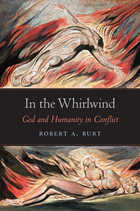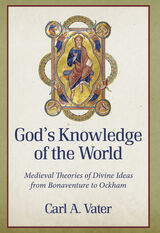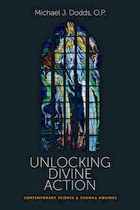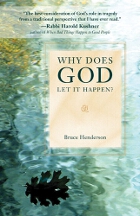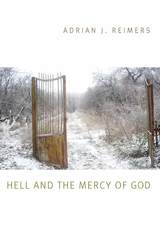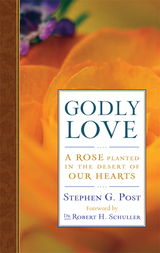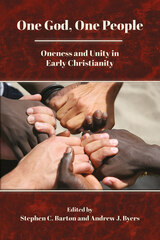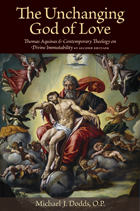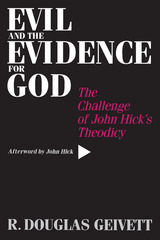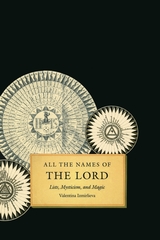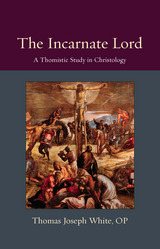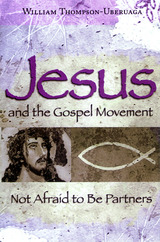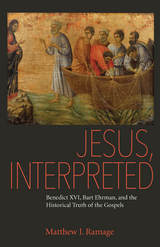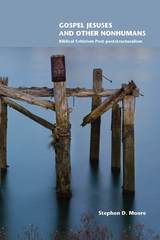God's Knowledge of the World: Medieval Theories of Divine Ideas from Bonaventure to Ockham
Catholic University of America Press, 2022
Cloth: 978-0-8132-3554-7 | eISBN: 978-0-8132-3555-4
Library of Congress Classification BT131.V38 2022
Dewey Decimal Classification 231.4
Cloth: 978-0-8132-3554-7 | eISBN: 978-0-8132-3555-4
Library of Congress Classification BT131.V38 2022
Dewey Decimal Classification 231.4
ABOUT THIS BOOK | TOC
ABOUT THIS BOOK
A theory of divine ideas was the standard Scholastic response to the question how does God know and produce the world? A theory was deemed to be successful only if it simultaneously upheld that God has perfect knowledge and that he is supremely simple and one. In articulating a theory of divine ideas, Carl Vater answers two sorts of questions. First, what is an idea? Does God have ideas? Are there many divine ideas? What sort of existence does an idea enjoy? Second, he answers questions about the scope of divine ideas: does God have ideas of individuals, species, genera, accidents, matter, evil, etc.? How many divine ideas are there?
These questions cause the Scholastic authors to articulate clearly, among other things, their positions on the nature of knowledge, relation, exemplar causality, participation, infinity, and possibility. An author’s theory of divine ideas, then, is the locus for him to test the coherence of his metaphysical, epistemological, and logical principles. Many of the debates over divine ideas have their roots in disagreements over whether a given theory adequately articulates one of the underlying positions or the overall coherence of those positions. Peter John Olivi, for example, argues that his predecessors’ theories of knowledge and theories of relations are at odds, and this critique results in a major shift in theories of divine ideas.
God's Knowledge of the World examines theories of divine ideas from approximately 1250–1325 AD (St. Bonaventure through Ockham). It will be the only work dedicated to categorizing and comparing the major theories of divine ideas in the Scholastic period.
These questions cause the Scholastic authors to articulate clearly, among other things, their positions on the nature of knowledge, relation, exemplar causality, participation, infinity, and possibility. An author’s theory of divine ideas, then, is the locus for him to test the coherence of his metaphysical, epistemological, and logical principles. Many of the debates over divine ideas have their roots in disagreements over whether a given theory adequately articulates one of the underlying positions or the overall coherence of those positions. Peter John Olivi, for example, argues that his predecessors’ theories of knowledge and theories of relations are at odds, and this critique results in a major shift in theories of divine ideas.
God's Knowledge of the World examines theories of divine ideas from approximately 1250–1325 AD (St. Bonaventure through Ockham). It will be the only work dedicated to categorizing and comparing the major theories of divine ideas in the Scholastic period.
See other books on: Bonaventure | God (Christianity) | History of doctrines | Middle Ages, 600-1500 | Scholasticism
See other titles from Catholic University of America Press
